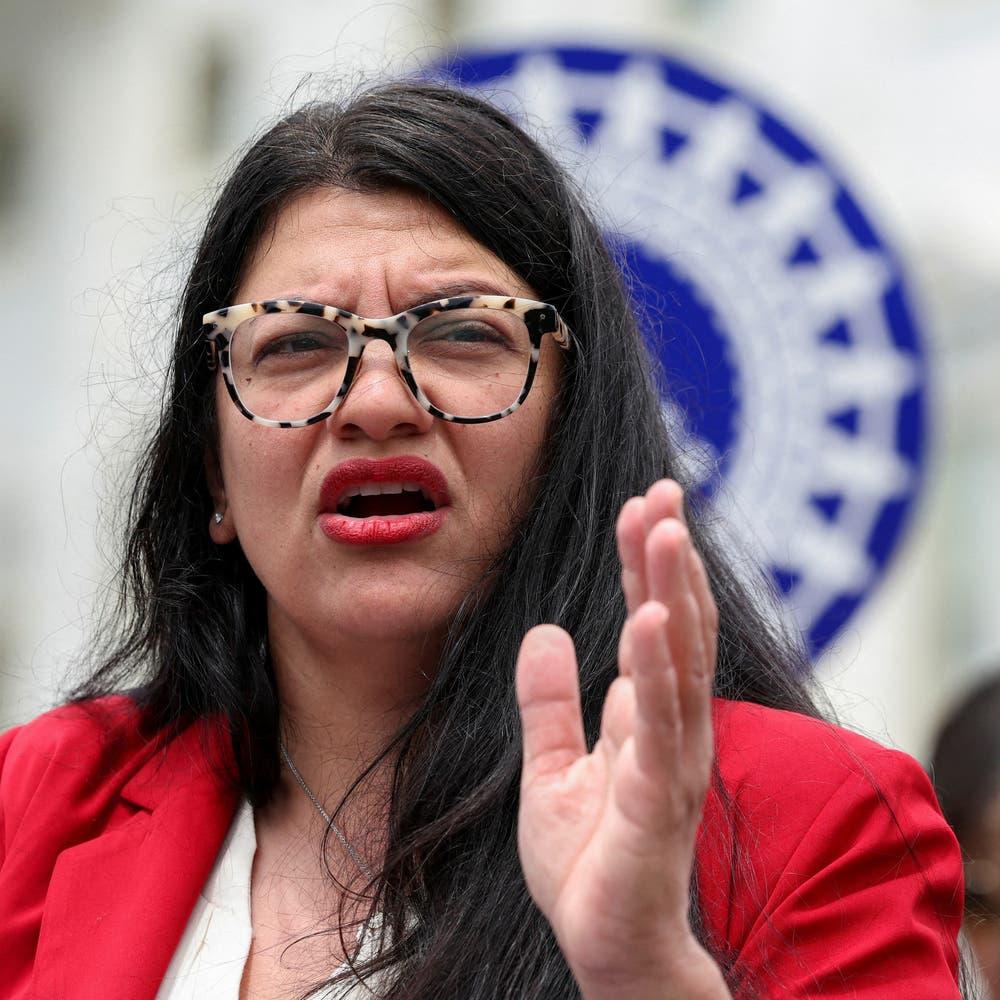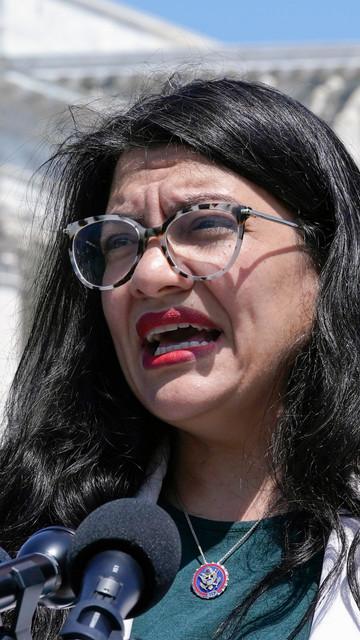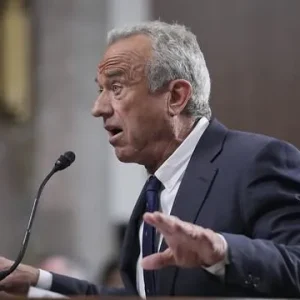The debate surrounding Representative Rashida Tlaib has reached a fever pitch in recent weeks, as critics call for her expulsion from Congress over comments and positions they characterize as sympathetic to Hamas. The controversy has exposed deep ideological divides in American politics and reignited longstanding tensions over free speech, national security, and the boundaries of political dissent within the U.S. government.
Tlaib, a Democrat from Michigan and the only Palestinian-American serving in Congress, has long been outspoken in her criticism of Israeli policies and vocal in her advocacy for Palestinian rights. But recent events in the Middle East, particularly violent escalations involving Hamas and Israel, have intensified scrutiny on her rhetoric. Opponents argue that her remarks cross the line from legitimate criticism into tacit support for a U.S.-designated terrorist organization.

The most incendiary accusations stem from Tlaib’s public condemnation of Israel’s military actions and her use of phrases such as “resistance” when discussing the Palestinian struggle. Critics contend that such language implicitly endorses the tactics of Hamas, which include rocket attacks and violence against civilians. In some statements, Tlaib has refused to explicitly denounce Hamas by name, further fueling allegations that she is aligned—ideologically if not formally—with the group’s goals.
Prominent Republicans and some centrist Democrats have called for investigations, censure, and even expulsion. “There is no place in Congress for someone who refuses to condemn terrorism and spreads misinformation that endangers lives,” said one GOP lawmaker in a recent press conference. Conservative media outlets have amplified these concerns, framing Tlaib as a security threat and accusing her of promoting anti-Semitic narratives.
Tlaib, however, has vigorously defended herself. She insists that her criticisms are directed at the Israeli government and its military operations, not at the Jewish people or Judaism as a religion. In public responses and social media posts, she has accused her detractors of engaging in bad-faith attacks meant to silence dissent and stifle discussion of Palestinian suffering. “Advocating for human rights and calling out war crimes is not support for terrorism,” she wrote in a recent tweet. “It’s a moral obligation.”
The question of whether she should be expelled from Congress is as much about constitutional principles as it is about geopolitics. Expulsion is an extraordinary measure, one that has been used sparingly in American history—usually in cases of treason, corruption, or egregious misconduct. Removing a sitting member of Congress for their political views, however controversial, sets a precedent that could fundamentally alter the nature of legislative debate.
Supporters of Tlaib argue that the campaign against her is politically motivated, driven by efforts to suppress pro-Palestinian voices and weaponize allegations of extremism for electoral gain. They point to the First Amendment and argue that expressing unpopular or controversial opinions, especially on foreign policy, is not only protected but essential in a functioning democracy.
At the same time, even some who defend her right to speak freely acknowledge that her choice of words can be provocative, and that her failure to explicitly distance herself from Hamas leaves her vulnerable to criticism. In a hyper-polarized political climate, nuance is often lost, and rhetoric is quickly weaponized. What one person sees as moral clarity, another may see as dangerous radicalism.
The broader context cannot be ignored. The United States remains a staunch ally of Israel, and public opinion—while gradually shifting in some quarters—is still largely supportive of that alliance. Any perceived challenge to that status quo is met with intense scrutiny. Tlaib’s background, identity, and unapologetically progressive stance make her a lightning rod in this ongoing debate.

Whether or not she is ultimately censured or expelled, the controversy surrounding Rashida Tlaib reflects a deeper struggle within American political life—between national loyalty and global conscience, between maintaining institutional decorum and honoring the right to dissent. It raises difficult questions about where the line lies between criticism and endorsement, and who gets to draw that line.
In the end, the resolution may not come through disciplinary action or public opinion polls, but through a national reckoning with how far democracy is willing to stretch in accommodating voices that challenge its most entrenched alliances and assumptions.






